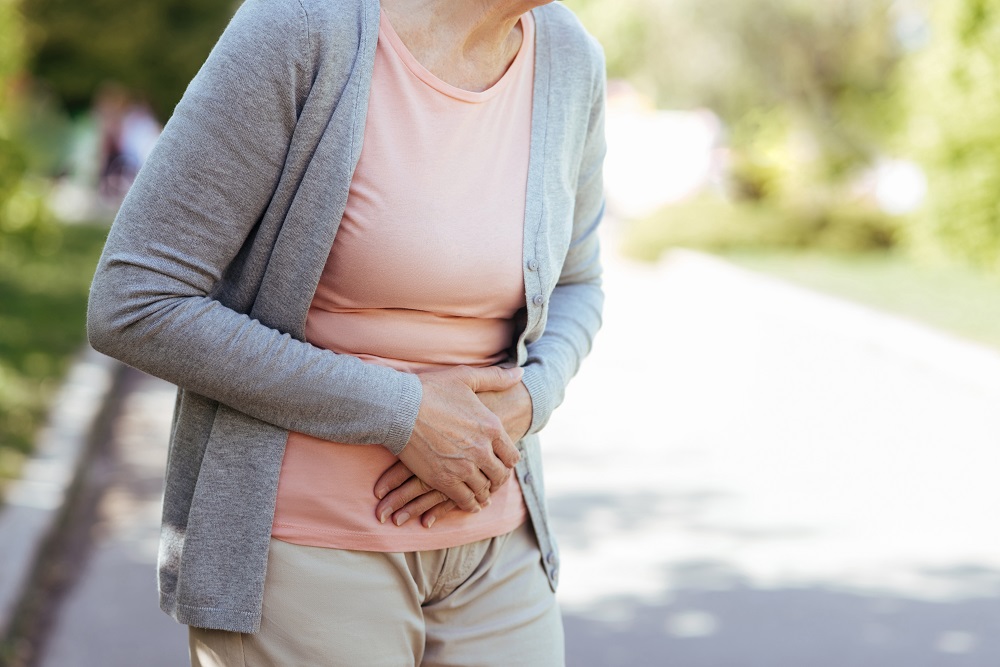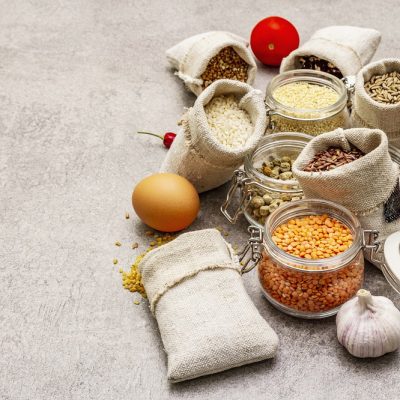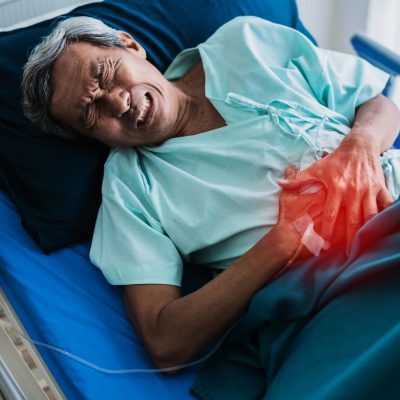Men are twice as likely to develop kidney stones than women. but the gap has been closing in recent years. While women’s overall lifetime risk is lower than men’s, obesity, diabetes and associated metabolic syndromes have narrowed the gap, according to Dr. Robert Sweet, medical director of the Kidney Stone Center at UW Medical Center – Northwest.
Yes, kidney stones are a common health issue that affects both men and women, but there are some things that women should be particularly aware of when it comes to preventing and managing this condition. In this blog post, we will discuss the causes and risk factors of kidney stones in women, as well as the signs and symptoms to look out for, and tips for preventing and treating kidney stones.

Kidney stones are small, hard deposits of minerals and salts that form in the kidneys. They can vary in size, from as small as a grain of sand to as large as a golf ball. When a kidney stone is too large to pass through the urinary tract, it can cause severe pain and discomfort.
One of the main causes of kidney stones in women is a lack of fluids in the body. When we do not drink enough water, our urine becomes concentrated, which can lead to the formation of kidney stones. Women who are dehydrated or who have a low fluid intake are at an increased risk of developing kidney stones.
Certain medical conditions can also increase a woman’s risk of developing kidney stones. For example, women who have had bariatric surgery are at a higher risk of kidney stones because the procedure changes the way the body absorbs and processes nutrients. About 200,000 Americans have bariatric surgery each year to overcome obesity after diet and exercise have failed. The surgery, in effect, changes the anatomy of the digestive system to limit the amount of food that can be consumed and the amount of food that the body can digest. Two procedures are most used in the United States: gastric banding and the Roux-en-Y gastric bypass (named after the surgeon who developed it).
In gastric banding, an adjustable band is placed around the top portion of the stomach, limiting food intake. In the gastric bypass procedure, a stomach pouch is created out of a small portion of the stomach and attached directly to the small intestine, bypassing a large part of the stomach and duodenum. This not only reduces the amount of food that can be consumed but, by going around the duodenum, the absorption of calories, especially from fats, is significantly reduced as well.

5 Foods to Help Reduce Kidney Stones
Kidney stones are chronic diseases and have many types. Read further on how long to pass kidney stones of all types & its preventions!
There are many lifestyle and dietary adjustments that must be made by people who have undergone bariatric surgery but the positive effects on cardiovascular risk, diabetes, sleep apnea and other health problems related to obesity are considered to make it worthwhile. We do not yet have a complete understanding of the long-term effects of bariatric surgery, but urologists have taken note of a significant short-term effect of the gastric bypass. Within six months of this surgery, a patient’s risk of developing kidney stones nearly doubles.
“As the procedure has become more popular, we have been seeing some increase in kidney stones as a result of the gastric bypass,” says Dr. Paul Pietrow of Premier’s Urology Division. “The whole digestive process changes for people who have had Roux-en-Y gastric bypass surgery. It’s the planned malabsorption caused by this procedure—which significantly affects the composition of urine— that drives most of the stone risk. Many of the factors that we measure and try to control to prevent stones, such as high oxalate levels and low citrate levels, become less than optimal. Especially in patients who experience diarrhea, and the resulting fluid loss, bariatric surgery can create the perfect storm for stone disease.”
Signs of Kidney Stones in Females
Women with a history of kidney stones in their family are also at a higher risk of developing the condition.
Certain medications can also increase a woman’s risk of kidney stones. For example, diuretics, which are commonly used to treat high blood pressure, can lead to dehydration, which can in turn increase the risk of kidney stones. Additionally, some antibiotics and antipsychotic drugs can increase a woman’s risk of developing kidney stones.
Kidney Stone Symptoms in Women
When it comes to the signs and symptoms of kidney stones, women may experience some or all the following:
- Severe pain in the back, side, lower abdomen, or groin
- Blood in the urine
- Nausea and vomiting
- Frequent urination or a burning sensation when urinating
- Fever and chills
If you suspect that you have a kidney stone, it’s important to see a healthcare provider for a proper diagnosis. Your provider will likely order imaging tests, such as a CT scan or an ultrasound, to confirm the presence of a kidney stone and determine its size and location.
Kidney Stone Treatment Options
To prevent kidney stones from forming, it’s important to stay hydrated by drinking plenty of water and other fluids. Aim for at least eight cups of water per day, and avoid beverages that can dehydrate you, such as caffeine and alcohol. Additionally, women can also lower their risk of developing kidney stones by consuming less salt, limiting their intake of animal protein and decreasing their consumption of oxalate-rich foods.
If you’ve already had a kidney stone, your healthcare provider may recommend lifestyle changes and medications to help prevent another one from forming. Some medications that can help prevent kidney stones include potassium citrate, which can help to neutralize the acid in urine, and allopurinol, which is used to treat gout and can help to prevent the formation of uric acid kidney stones.
If you are passing a kidney stone, your healthcare provider may recommend taking over-the-counter pain medication, such as ibuprofen, to help manage the pain. Drinking plenty of water can also help to flush the kidney stone out of the body.

How To Pass A Calcium Oxalate Stone?
Kidney stones are among the most serious problems. It affects your urinary tract as well. Read how to pass a kidney stone if you have one.
